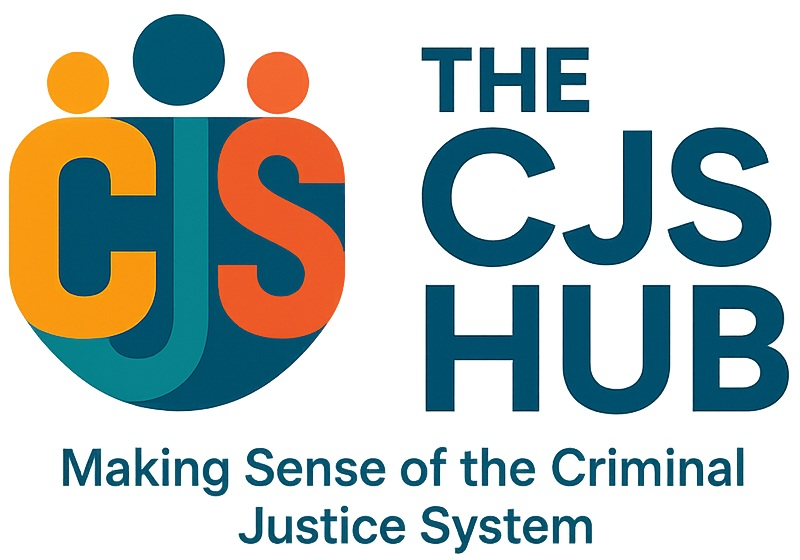| Anger | Autism | Confusion | Depression |
| Exercise | Fear | Mental Health | Physical Health |
| Shame | Sleep | Stress | Supporting A Loved One |
Pressure from the criminal justice system can strain anyone’s mental health. Long waits, changing plans and high-stakes decisions can lead to anxiety, low mood, panic, irritability, poor sleep and trouble concentrating. None of this means you are weak. It means your mind and body are reacting to sustained stress. With steady habits and the right support, things can improve even while the process continues.
Start by making the day predictable. Wake at a regular time, get washed, eat something simple and step outside for daylight. Keep a short window for case admin so updates do not take over the whole day. After any stressful event — a hearing, a probation appointment, a prison visit or a call about fines — give yourself recovery time before you make new decisions. Small, repeatable actions help your nervous system settle.
Tell professionals how you are coping. If anxiety, low mood or panic are affecting daily life, speak to your GP and ask what local support is available. If meetings feel fast or overwhelming, ask for information in writing, a quieter space, short breaks or extra time to process. Let your solicitor, probation officer or prison healthcare know if you are struggling so reasonable adjustments can be put in place and expectations are clear.
Keep medication and routines steady. If you have been prescribed treatment, take it as directed and tell your GP about side effects or changes in mood. Food, water, movement and sleep make a bigger difference than most people expect. Caffeine late in the day and alcohol used to “take the edge off” often backfire and worsen sleep and anxiety; keep both modest and earlier where you can. If you use drugs, be honest with your GP — non-judgmental help is available and will protect your health and your compliance.
Use simple tools to calm the body. Slow your breathing so the out-breath lasts a little longer than the in-breath. Notice what you can see, touch and hear in the room to bring attention back from racing thoughts. A short walk, a warm shower, or ten quiet minutes with a familiar playlist can reset enough to take the next sensible step.
Keep information tidy so it feels lighter. One notebook for dates, decisions and next actions reduces worry. After meetings with probation, court staff or fines officers, write a two-line recap of what happens next and when. If you are in custody or on licence, ask staff to confirm key instructions in writing so you do not have to rely on memory when stressed.
Stay connected, even if you don’t feel like it. Ask one trusted person to check in and, if needed, to sit in on calls and take notes. Be clear about what helps — a lift to an appointment, company on a walk, or a message after a hearing. If you are supporting someone else, protect your own rest and boundaries; you will be more useful if you are not running on empty.
Make a simple plan for rough patches. Write down a few things that usually help you calm, the names and numbers of people you can call, your GP details, and any warning signs that mean you should seek urgent help. Keep the plan in your phone and your notebook so it is easy to find when your mind is busy.
If you need to talk now, help is available day and night. Call Samaritans on 116 123 for confidential emotional support, text SHOUT to 85258 for free 24/7 text support, or use NHS 111 for urgent mental health help. If you or someone else is in immediate danger, call 999.
Your situation may take time to resolve, but your mental health can improve step by step. Keep the routine, ask for adjustments, use your supports and take the next small action. You do not have to do this on your own.
If you have any questions then contact us using the link below.
This page gives general information only. It is not legal advice.
